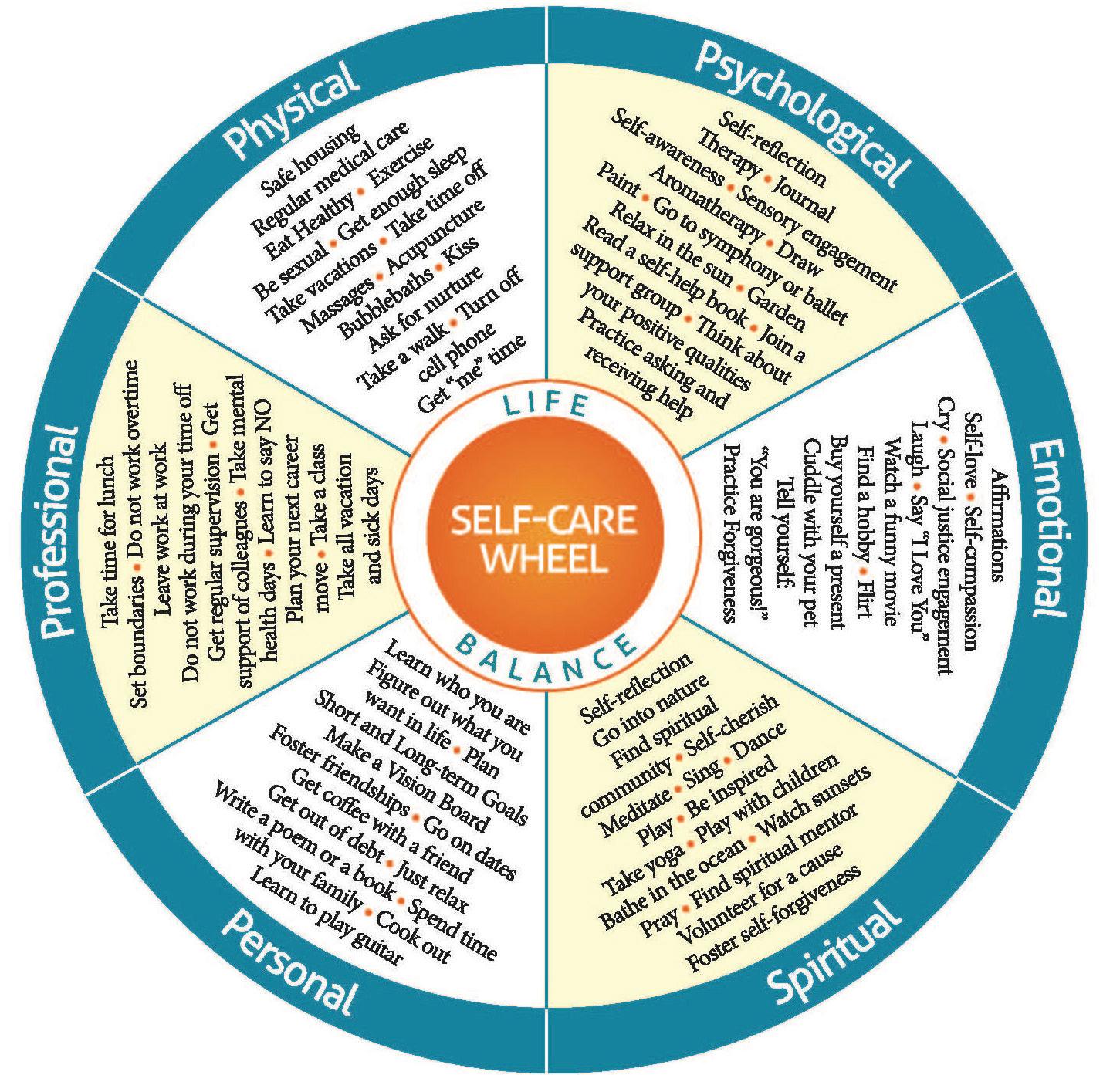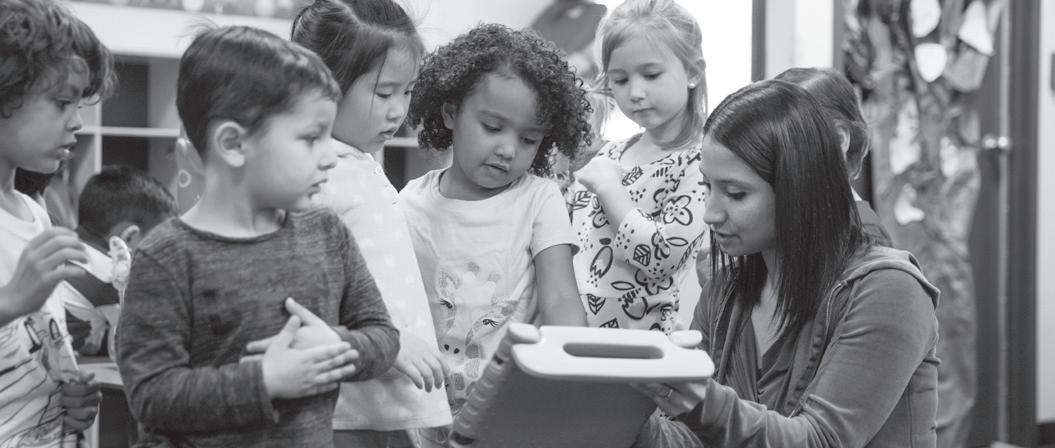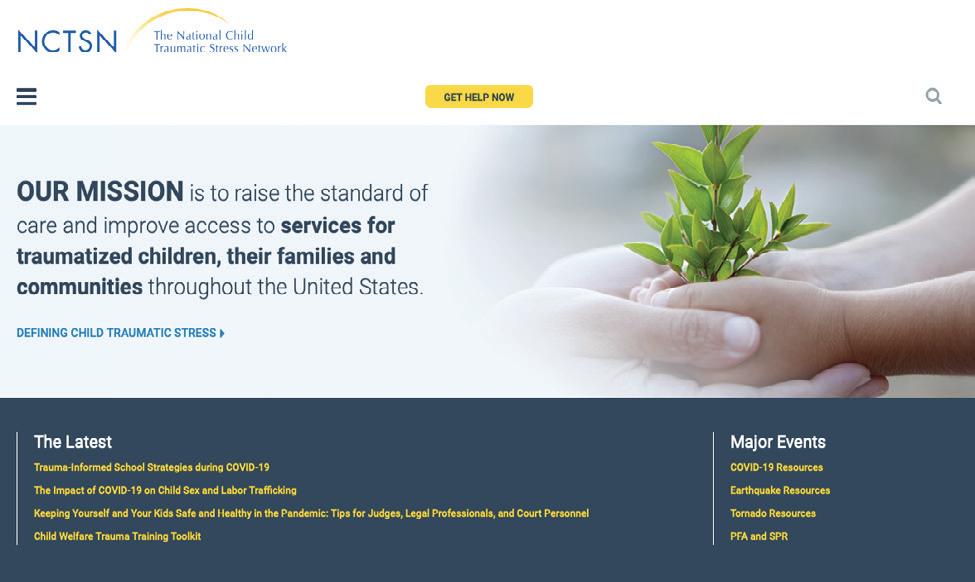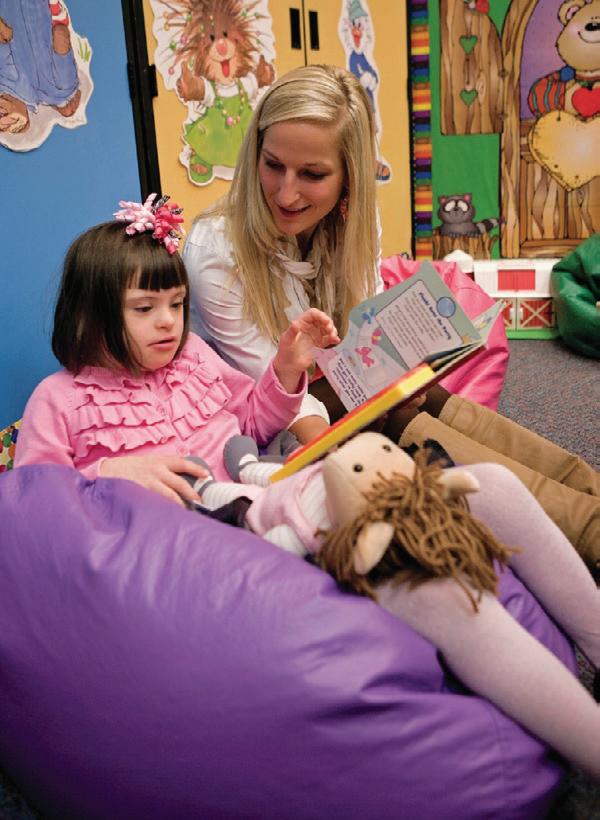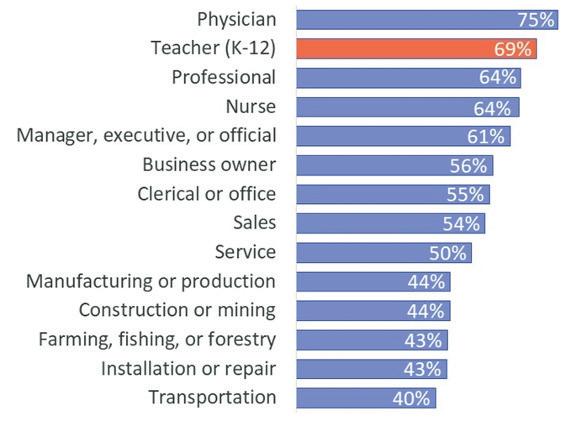Dr. Dana Iera Dr. Ashlea Rineer-Hershey School Psychologist, Plum Borough School District, Director of Special Education, Plum Borough School District, Pennsylvania Pennsylvania
D
ealing with the stress of everyday life is not new to anyone. Having a global pandemic take place in the midst of a school year, however, has certainly added a new level of stress to many educator’s lives. In the beginning of March of 2020, most schools were functioning as normal. Unfortunately, within a few weeks, most schools were shut down indefinitely for in-person instruction. Soon after, many schools took on the perplexity of virtual learning through online platforms. There was very little time to prepare and schools were tasked with continuing to educate their students. Schools have focused on the academic rigor and the online platforms that are best suited for the students, but many have failed to provide the support that many teachers need to feel successful.
Navigating Your First Year of Teaching
Effective Stress Management for Educators
Below are some simple tips for educators to follow that will, hopefully, leave a positive impact on their level of stress:
Help Another Yes, help someone else first. Having the power to help a fellow colleague in even a little way can go a long way. It feels good to help other people and likely, they will pass that kindness on. Share a new strategy or online resource you’ve found helpful in your own classroom or drop them off a sweet treat to show your support of their hard work.
Self-Care Be sure to think of yourself. Are you taking care of your body and your mind? Eat a well-balanced diet and do something you enjoy. Be sure you have something to look forward to, whether it’s exercise, a hobby, or being with loved ones. As a teacher, you’ll likely prioritize the needs of your students over anything else. However, you also make sure your own needs are met, so you can best support your students.
Set Goals Whether you like to plan day by day, or week by week, take a few minutes to set your goals and write them down. What is essential for you to get done? Prioritize those goals and don’t get distracted. You will feel less stress when you can visually see the progress you have made.
Work Together Although physical distancing may inhibit your ability to meet with your colleagues, use other means to collaborate. Virtual meetings or phone calls can still be useful in talking and planning with your fellow educators. Continuing to have this connection allows you to learn what’s working for them, as well as to talk about what’s working for you. Again, if you are not in a healthy place with your own stress, it makes it tough to meet the needs of your students in today’s challenging school environment. It is more important now more than ever to make your own well-being a priority, so you can best support your students.
NOTES
87 American Association for Employment in Education




